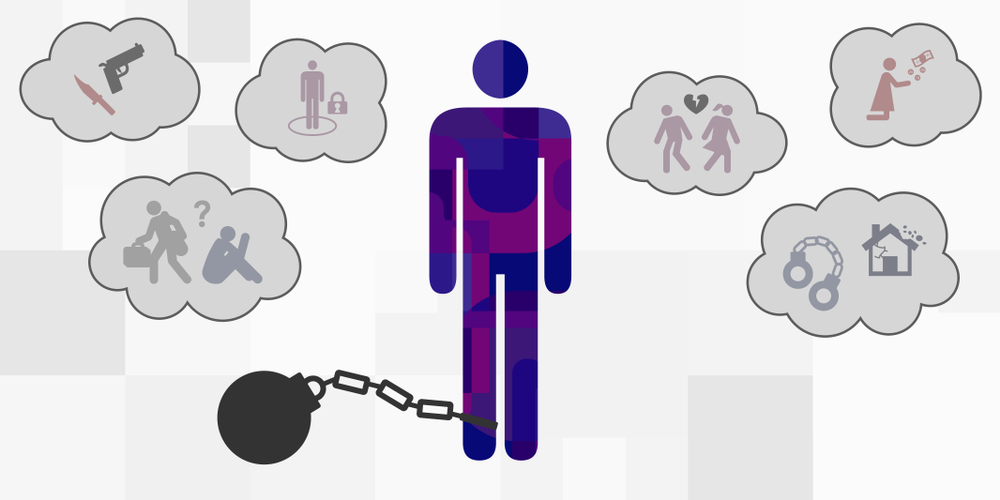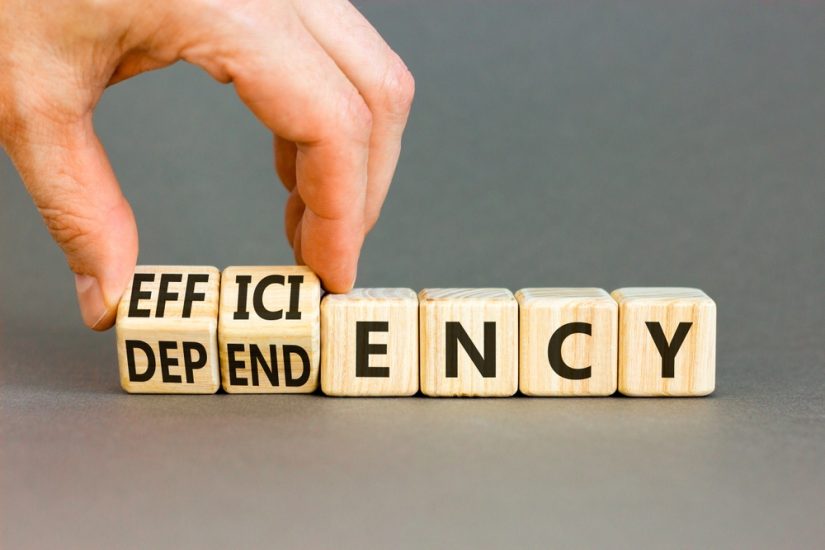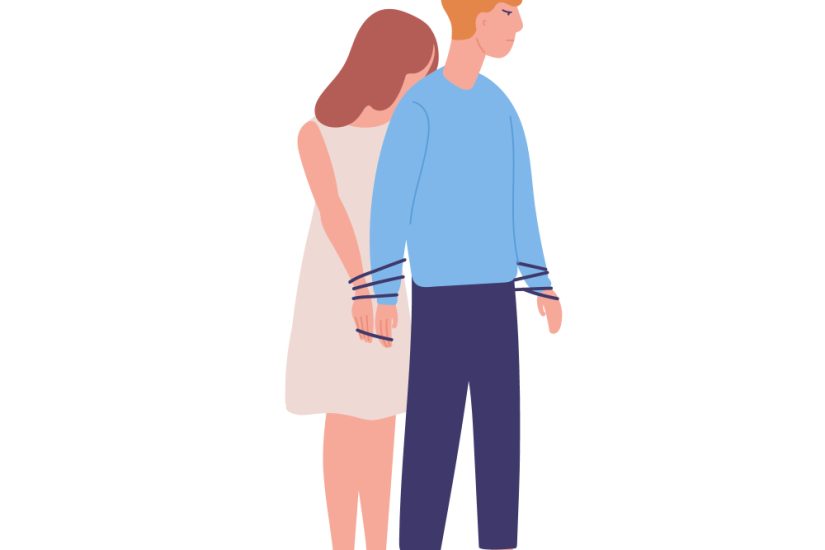- March 12, 2023
- by Shalini Murmu
- Dependent Personality Disorder
The human experience is intricate, and navigating the world alone can be challenging. We all require assistance from time to time be it from a friend, family member, or romantic partner; however, excessive and incapacitating reliance on others may be a sign of Dependent Personality Disorder (DPD). A mental health condition known as DPD is characterized by an overabundant and pervasive need to be cared for by others, which frequently results in a sense of helplessness and a fear of being separated.
So, what is a dependent personality disorder? Dependent Personality Disorder is a mental health condition characterized by a constant demand for reassurance and support from others. People with DPD often face a dilemma while making decisions independently, relying heavily on the opinions of others to guide their choices. They may feel helpless or anxious when confronted with a situation that requires them to take initiative or responsibility. As a result, people with DPD may struggle with relationships, work, and other areas of life that require independence and autonomy.
Common symptoms include:
- Difficulty making decisions with too much reassurance and advice from others.
- Lack of ability to take responsibility for most areas of life.
- Expressing disagreement
- Trouble doing things on their own.
- Going to extreme lengths to obtain support and care from others.
- Feeling helpless or uneasy when alone
- Fear of being alone or without support
The Science of Over-Reliance
Then why do some people grow a need for continuous consolation and support from others? Although there is no single known cause of DPD, researchers believe that a combination of genetic, environmental, and psychological factors may play a role in its development.
According to one study, people with DPD have a heightened sensitivity to social cues, which makes them more attuned to the emotions and views of others. This sensitivity can make it harder for them to navigate social situations and can lead to feelings of anxiety and increased insecurity.
A different theory proposes that people with DPD may have been neglected or subjected to trauma as a child which has left them with a deep-seated fear of abandonment. This fear can cause them to seek out constant reassurance and validation from others to soothe and cope with their anxiety.
Finally, some researchers also believe that DPD may be linked to imbalances in brain chemistry. Specifically, abnormalities in the neurotransmitter serotonin could also be a leading factor in the development of this condition. Serotonin is involved in regulating mood, sleep, and appetite, and disruptions in this system can lead to feelings of anxiety and depression.
Fortunately, there are treatments available to manage DPD symptoms.
As challenging as it already is, a person with Dependent Personality Disorder may be very less likely to be aware of their condition, and treatment usually is either neglected or delayed which impacts their behavior in their relationships and daily life. However, with the right treatment and care, people with DPD can learn to manage their symptoms and improve their quality of life.
Psychotherapy is often the first line of rescue for DPD patients. Cognitive-behavioral therapy (CBT) and psychodynamic therapy are two main approaches that may especially be helpful. Cognitive behavioral therapy also helps people identify and challenge negative thought patterns and behaviors, while psychodynamic therapy can help them explore and understand the root causes of their dependency.
Medications are prescribed particularly for those who struggle with anxiety or depression to relieve them. Selective serotonin reuptake inhibitors (SSRIs) are a type of antidepressant that can help regulate serotonin levels in the brain, which can effectively reduce symptoms of DPD.
Dependent Personality Disorder is a complex condition that can have a significant impact on a person’s life. The key is to never give up hope and to keep fighting until you break free of it.
Call NABHS at +1 (917) 267 8635 . to get confidential answers to all your concerns and get the help you or your close ones need.















